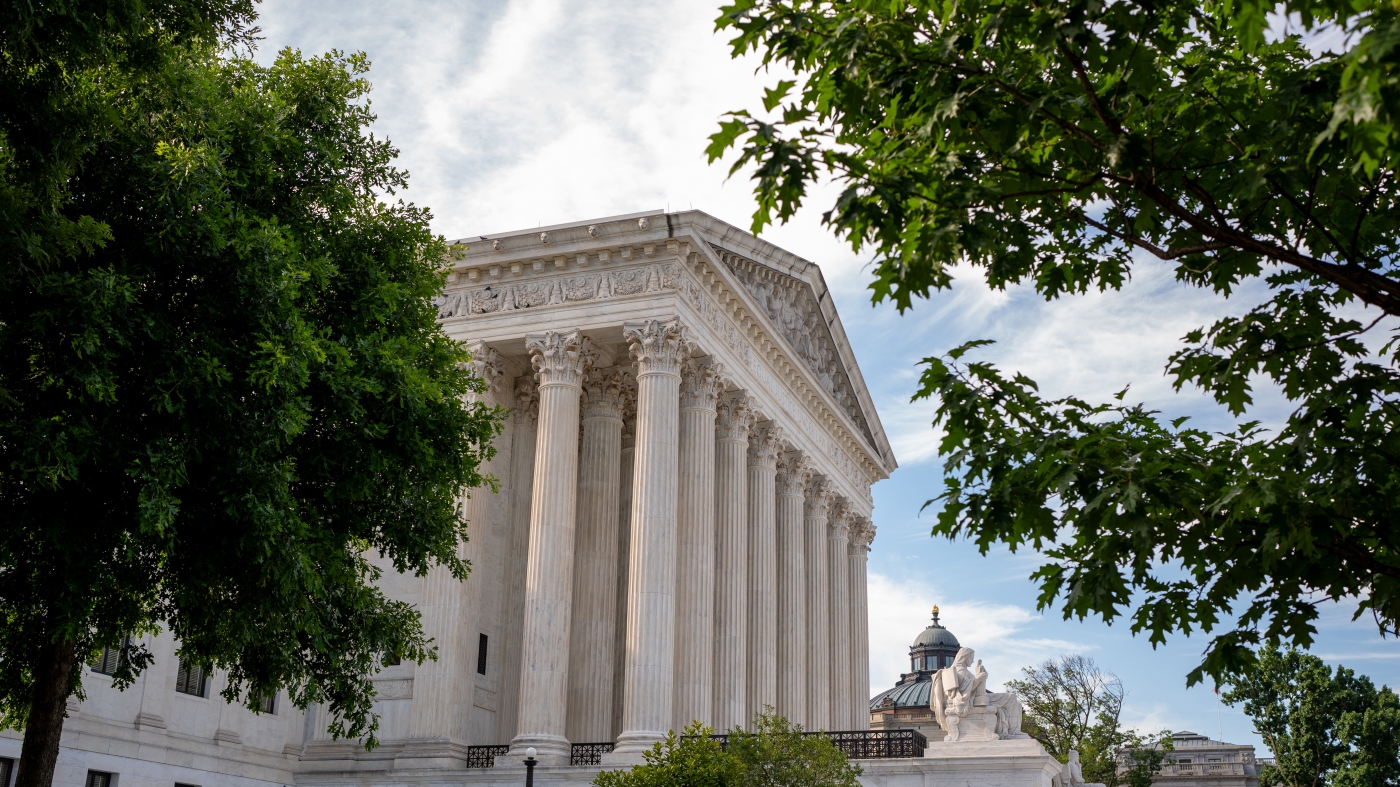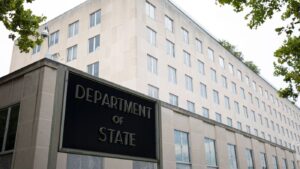Supreme Court Allows Trump Administration to Freeze DEI Grants Amid Ongoing Legal Battles
The ongoing legal skirmishes between the Trump administration and lower federal courts have seen a significant development. On Friday, the U.S. Supreme Court permitted the administration to maintain a suspension on $65 million in grants related to diversity, equity, and inclusion (DEI) for teacher training and professional development, marking a pivotal moment in the administration’s legal efforts.
In a narrow 5-4 decision, the justices halted a lower court’s order that had temporarily unfrozen these funds. This move by the high court comes after a recent case where the justices opted not to overturn a lower court’s decision involving USAID contractor payments.
Despite Congress’s prior allocation of funds for these educational programs, the Supreme Court majority determined that the Department of Education could withhold the funding while the matter is further contested in lower courts.
The Department’s decision to freeze the grants was part of an effort to reclaim unspent funds appropriated by Congress. Initially, a federal district judge had issued temporary restraining orders to reconsider the freeze, but the Supreme Court’s majority opinion questioned the lower court’s authority to issue such an order.
Justice Elena Kagan dissented, criticizing the Court’s rapid intervention, describing it as a procedural “mistake.” Similarly, Justice Ketanji Brown Jackson and Justice Sonia Sotomayor highlighted the unusual nature of the Court’s involvement, especially given the temporary order’s short lifespan.
Chief Justice John Roberts, while disagreeing with the majority, did not formally join the dissenting opinions. The Court’s decision to side with the Trump administration represents a notable victory for an executive branch seeking to consolidate power amidst ongoing legal challenges.
Focus on DEI Grants and Legal Implications
The contested grants, aimed at addressing teacher shortages, were intended for “high need” institutions, nonprofits, Historically Black Colleges and Universities, and Tribally Controlled Colleges and Universities. Despite congressional appropriations, the Department of Education cut most of these grants, citing concerns over discriminatory practices related to DEI.
Eight states, including California, Massachusetts, and New York, contested the grant cancellations, arguing they violated federal law. The government defended its actions, asserting its regulatory authority to discontinue grants that no longer align with government policy.
The Department of Education successfully petitioned the Supreme Court to prevent the reinstatement of the funds, arguing that resuming the funding would complicate efforts to recover federal dollars should the administration prevail in the ongoing litigation.
Other Legal Battles on the Horizon
Friday’s case is just one of many legal challenges the Trump administration is pursuing at the Supreme Court. Among them is a dispute involving the reinstatement of approximately 16,000 terminated federal employees and another concerning the denial of birthright citizenship.
The administration has frequently criticized the use of universal injunctions, which broadly impact government policy across the country. This critique aligns with the administration’s broader strategy of contesting lower court orders that extend beyond individual cases.
Attorney General Pam Bondi praised the Supreme Court’s decision, asserting that it supports the administration’s stance against lower courts’ jurisdiction over federal funding and policy implementation.
For more details, visit NPR.
—NPR’s Ryan Lucas contributed to this report.






